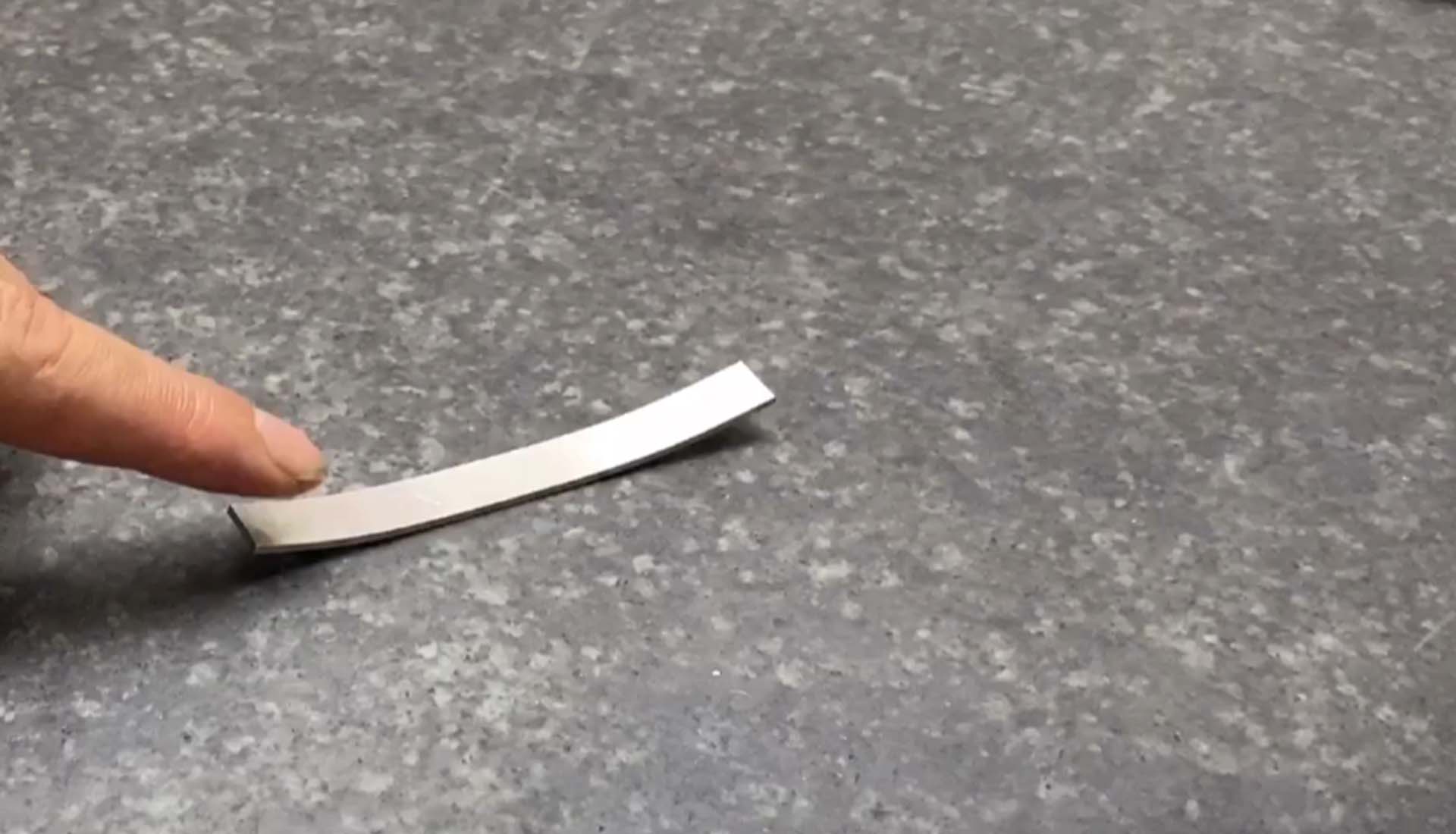Silver bar leveling processing is a crucial step in the production of high-quality silver bars. This process involves removing any surface imperfections that may have occurred during the casting or rolling process. It also helps to ensure that the bars are uniform in shape and size, making them easier to handle and store.
The silver bar leveling process typically involves the use of specialized equipment, such as leveling machines, which are designed to remove any surface irregularities. These machines use a series of rollers to apply pressure to the silver bars, flattening them and smoothing out any bumps or ridges.
There are several benefits to using the silver bar leveling process. One of the main advantages is that it helps to improve the overall appearance of the bars. By removing any surface imperfections, the bars have a more uniform and consistent surface, which can enhance their aesthetic appeal.
Another benefit of silver bar leveling is that it can improve the bars' physical properties. By removing any surface defects, the bars are less likely to crack or break under stress, making them more durable and reliable. This can be especially important for silver bars that are used in industrial or commercial applications, where they may be subjected to heavy use and wear.
In addition to improving the appearance and physical properties of silver bars, the leveling process can also help to improve their accuracy and precision. By ensuring that the bars are uniform in shape and size, it is easier to measure and weigh them accurately, which is important for applications such as trading and investment.
There are several different methods that can be used for silver bar leveling, depending on the specific requirements of the application. One common method is called roll leveling, which involves passing the bars through a series of rollers that apply pressure to flatten and smooth out the surface.
Another method that is commonly used for silver bar leveling is called tension leveling. This process involves passing the bars through a series of rollers that apply tension to the metal, stretching it slightly and removing any surface irregularities.
Regardless of the specific method used, the silver bar leveling process requires a high degree of precision and expertise. It is important to work with a reputable and experienced manufacturer or supplier who has the necessary equipment and expertise to perform the process effectively.
In addition to the leveling process itself, there are several other factors that can impact the quality of silver bars. These include the purity of the metal, the casting or rolling process used to produce the bars, and the storage and handling conditions after production.
To ensure that you are getting high-quality silver bars that have been properly leveled, it is important to work with a reputable supplier who uses the latest technology and equipment. Look for a supplier who has a strong reputation in the industry and a track record of producing high-quality products.
Silver bar leveling processing is an important step in the production of high-quality silver bars. By removing any surface defects and ensuring that the bars are uniform in shape and size, this process can improve the appearance, physical properties, and accuracy of the bars, making them more durable and reliable for a wide range of applications. If you are looking to purchase silver bars, be sure to work with a reputable supplier who uses the latest technology and equipment to produce high-quality products.

